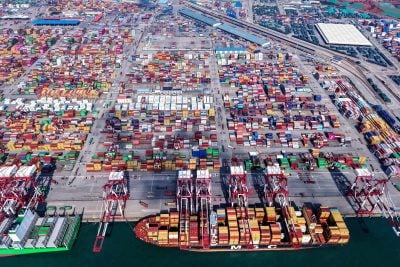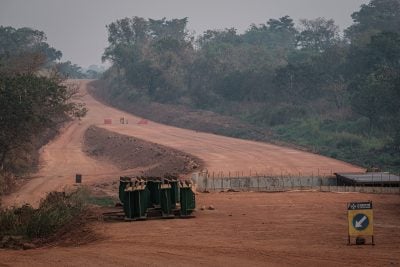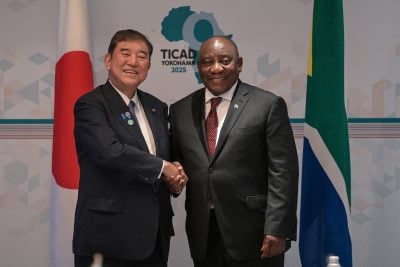The IMF has said growth across Sub-Saharan Africa will “ease to 3.8% in 2025 and 4.2% in 2026 overshadowed by “sudden realignments of global priorities” which have “cast a shadow on hard-won recovery”
Addressing the press during the IMF/World Bank Spring Meetings in Washington DC, Abebe Aemro Selassie, director of the Fund’s African department, said even though “growth exceeded expectations in 2024” the outlook for 2025 and 2026 is driven by difficult external conditions, weak external demand from abroad, softer commodity prices and tighter financial markets.
The Africa-specific update follows a gloomy World Economic Outlook earlier this week which projected lower global growth.
With official development assistance expected to decline further, the IMF noted that more strain will be placed on vulnerable populations in Sub-Saharan Africa.
But the report noted there has been some moderation in inflationary pressure across the region even as some countries continue to grapple with elevated price pressures, necessitating the application of tighter monetary and fiscal policies.
Importance of private sector growth
The IMF suggested that African countries pursue reforms that enhance growth, promote regional integration, and introduce fiscal frameworks that seek to lower borrowing costs and reduce high debt levels – responses that managing director Kristalina Georgieva also spelled out in an earlier briefing.
The IMF also recommended a change in direction from growth driven by public investment to one in which the private sector is the engine of growth.
Highlighting the region’s youth bulge, the IMF noted that the youth population and demographic transition will be an advantage.
The Sub-Saharan Africa region, Selassie told the press “will be the main source of labour and incremental investment and consumption demand in the decades to come.”
While acknowledging ongoing efforts in expanding social protection to help the vulnerable, Selassie noted that “more can be done in social protection.”
Responding to a question about ongoing reforms in Nigeria, he said the fund has been impressed by reforms Nigeria has implemented even as it emphasised that more can be done in ensuring transparency in the oil sector and prudent borrowing.
He also applauded the priority attention the Nigerian government is giving to the provision of accurate and transparent data stressing that “without good data you can’t make good policies.”
Want to continue reading? Subscribe today.
You've read all your free articles for this month! Subscribe now to enjoy full access to our content.
Digital Monthly
£8.00 / month
Receive full unlimited access to our articles, opinions, podcasts and more.
Digital Yearly
£70.00 / year
Our best value offer - save £26 and gain access to all of our digital content for an entire year!


 Sign in with Google
Sign in with Google 





